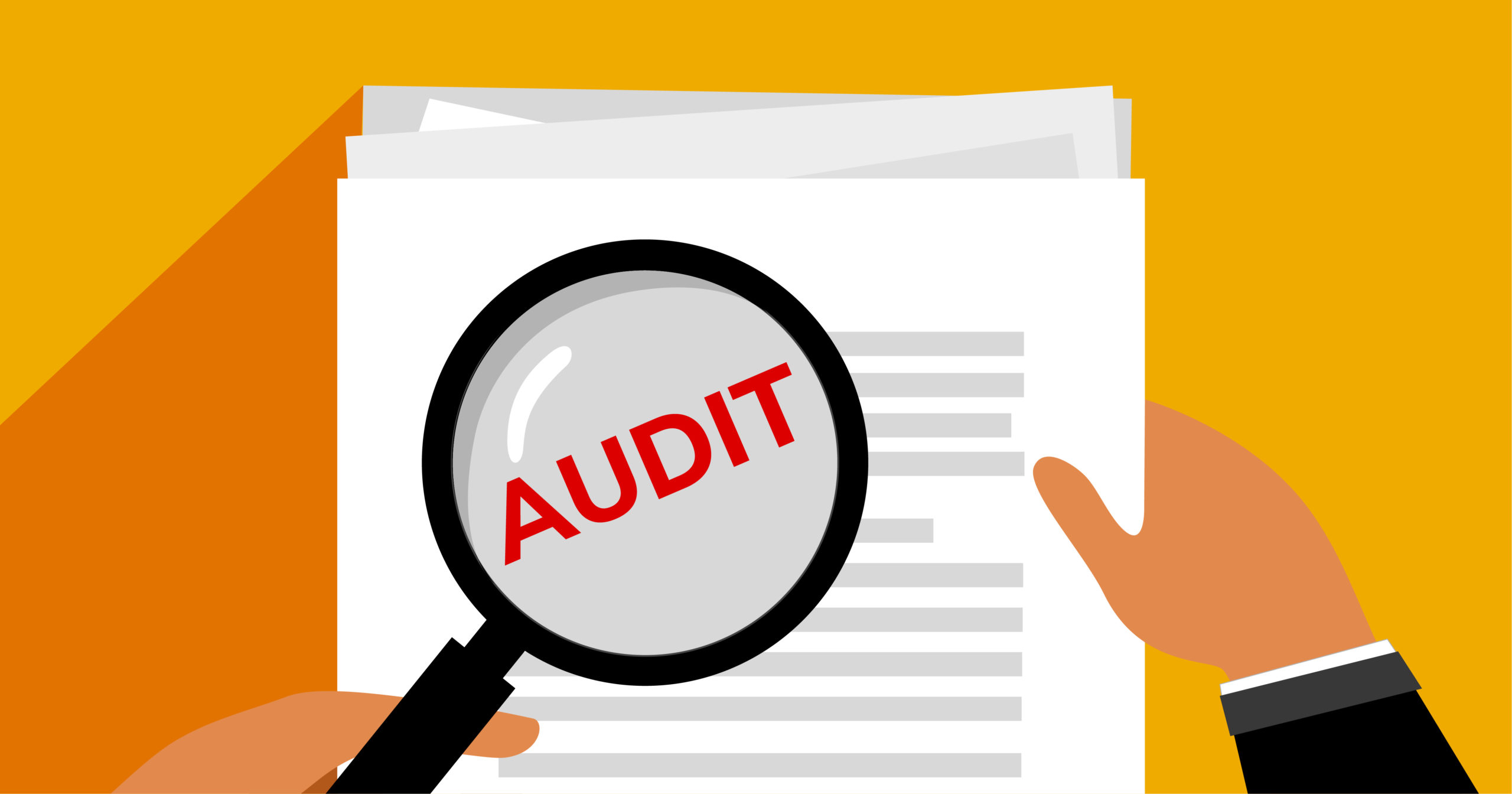Year-Round Tax Tips To Avoid An Audit

As market volatility continues, we believe it is important to focus on what you can control when it comes to your portfolio, which includes fees, expenses and taxes. While tax season is behind us, there are some simple steps you can take year-round to avoid a time-consuming and stressful audit in the future.
Until recently, the risk of an audit was relatively small. However, the IRS recently announced it will be adding auditors to allow the agency to increase the number of audits it performs in coming years. According to Bloomberg, the IRS only audited 140 partnership returns out of 4 million filed in 2018. While the numbers were a little higher for S corporations, the audit percentage was still .01%. Now, with the likelihood of an audit on the rise, taxpayers are increasingly focused on making sure their i’s are dotted and t’s are crossed to avoid the time and stress of an audit.
According to Rachita Wadhwa, CPA, lead tax preparer and planner at Potentia Tax, there are some key steps you can take now to avoid an audit.
1. Be specific about expenses. Take a little extra time and make sure that your expenses are properly categorized versus lumping them into a general expense category. Minimize the use of an ‘Other Expenses’ category and properly itemize specific expenses for categories like “marketing” or “travel.” Large miscellaneous categories are a red flag for auditors. Take the time to understand and categorize your expenses properly. Also, it is important to use the exact dollar figure, as round numbers ending with a 0 or 5 may appear less authentic.
2. Create a history of compliance. Rachita says many people believe that filing an extension or not using electronic filing will reduce the odds of an audit; however, there is nothing to support this. Filing and paying on time to create a history of compliance is the best way to create credibility with the IRS.
3. Be consistent with your deductions. It is easy to overestimate the extent of donations to nonprofit organizations, taking an excessive home office deduction or tacking on a little extra for meals and travel. These items, along with bad debt, casualty losses and medical expenses, are typically viewed with more scrutiny. Consistency is the key. Having a large deduction on your return that was never there before or seeing a significant increase in contributions can trigger some alarms.
4. Make sure you are reporting all taxable income. Businesses are required to issue a 1099 form to a taxpayer who has received at least $600 or more in non-employment income, which is reported to the IRS. As of January 1, 2022, third party payment networks (including Venmo, Zelle, Square, etc.) will be required to send a 1099-K to taxpayers and the IRS. The key to Form 1099 is IRS computerized matching. Every Form 1099 includes the payer’s Employer Identification Number (EIN) and the payee’s Social Security number or taxpayer-identification number. The IRS matches nearly every 1099 form with the payee’s tax return. To avoid a red flag and potential audit, ensure all income is reported so these two numbers match.
With these steps and a little preparation throughout the year, you can increase your chances of avoiding the stress, time and expense that comes with an IRS audit. For more tips on tax planning, watch this video with Rachita Wadhwa and Potentia Wealth CEO Kevin Swanson.
Disclaimer:
The content is developed from sources believed to be providing accurate information. Potentia and Potentia Wealth do not provide legal advice or tax services. Please consult your ...
more


